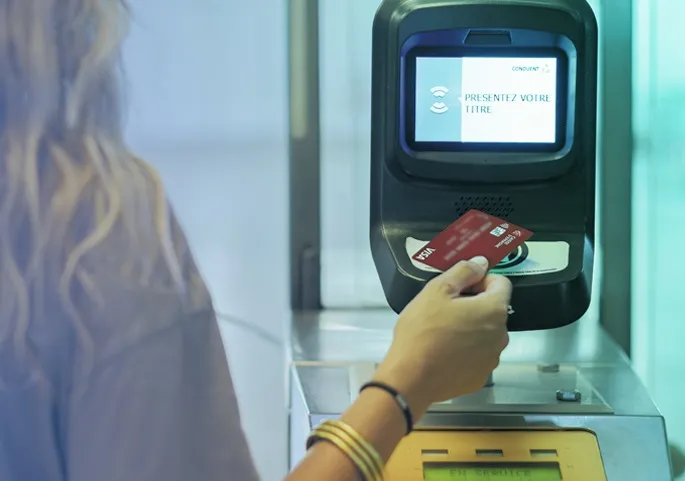
The Regional Transportation Commission of Southern Nevada (RTC) has made transit more accessible by adding two web-based payment portals and expanding its cash to mobile partnerships.
The RideRTC Web Portal helps customers manage and track their RideRTC app from their computer. Riders can now plan their trips and purchase transit passes in advance while on the go using their smartphones or at home on their desktops or laptop computers.
Additionally, the new Paratransit Payment Web Portal allows customers to purchase their passes online and create an account where they can set up reoccurring payments and track their payment history.
The commission says Paratransit customer accounts are updated the same day as their purchase, giving them immediate access to transit passes and eliminating the three to five day wait following their purchase.
According to the RTC, expanding the cash to mobile partnerships with retailers like Dollar-General and 7-Eleven will allow customers to purchase bus passes with money at more than 350 locations, and then have the fare loaded to the RideRTC app.
Additionally, new Europay, MasterCard, and Visa (EMV) on-board validators have been installed on all fixed route RTC transit buses, and are located closer to the fare box. These validators are part of the RTC's work to add a reloadable tap card and build for future contactless payment options.









